6. Hush! Girls Don’t Scream (Pouran Derakhshandeh, 2013)
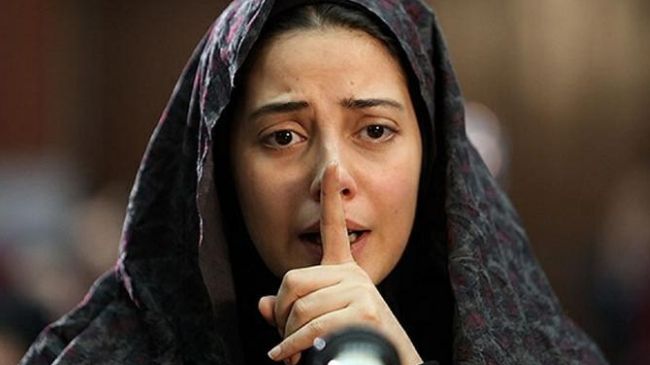
Pouran Derakhshandeh began her career making documentaries, and that history of fact-based filmmaking comes across in the comprehensive way Hush! Girls Don’t Scream deals with a sensitive and neglected issue.
Although at times an emotionally powerful expression of the trauma experienced in the wake of childhood sexual abuse, the film is also an unyielding examination of the sexual inequalities of the Iranian legal system.
It casts a stern, unblinking glance at the difficulties in responding to child abuse, telling the story of Shirin in a way that takes in a whole panorama of insufficiencies in social and legal mores.
From the opening moments when Shirin, having murdered her abuser, confronts her would be husband in a blood stained wedding dress, to scenes from Shirin’s childhood in which her clear distress was not given the proper attention by parents or officials, Hush! Girls Don’t Scream is uncompromising in its imagery and content.
From the moment we learn Shirin committed her crime as the only way to stop another child from being abused, to the moment when the father of that child fails to acknowledge the situation from fear of being dishonoured, it is unrelenting in its comprehensive study and condemnation of the neglectful way sexual abuse and female rights are treated by law. Powerful stuff, with an important message.
7. City Of Women (Ataollah Hayati, 2000)
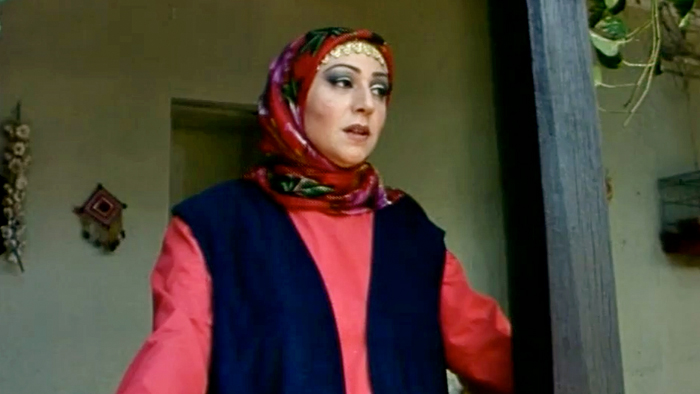
Writer and director Ataollah Hayati’s compelling drama celebrates female strength and camaraderie. Uniquely centering on a community of Iranian woman who have largely divided themselves from men, it explores themes of individual freedom and the independence of women while at the same time being careful to draw out the complexities of wider social attachments.
As such, Hayati expresses the joys of community and the complications which arise from a division of the sexes with an insightful proficiency which is both thought-provoking and inspiring.
The plot revolves around a feud between two families – the Keshtgar family and the Shavan family – who have strong ties to the female commune. In an attempt to end the feud, it is decreed that the children of each family must marry. But Mahtab, the youngest daughter of the Keshtgars, has other ideas. She has just been accepted to university and has no intention of marrying.
Threatened with the ruling that her family will be forbidden from their garden at Ab Ask, and will have to hand over its rights to the Shavans, Mahtab then sets out against the odds to find another way to end the feud. Can the two families come together through the efforts of this young, intelligent woman?
8. I Am Taraneh, 15 (Rasoul Sadrameli, 2002)
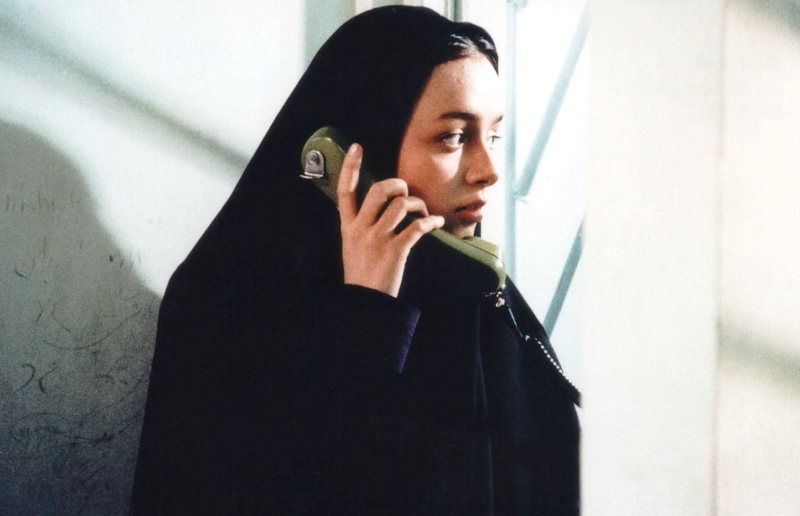
Rasoul Sadrameli’s poignant drama provoked protest when it was first released, but is perhaps best remembered for the stunning performance of Taraneh Alidoosti, who played the eponymous lead role.
In a film about the limited choices of a single-mother, Alidoosti became the youngest woman to win Best Actress at the Fajr Festival for her portrayal of the 15 year old Taraneh, and deservedly so. It’s a dynamic and intensely powerful performance which gives added weight to a masterful expression of social pressure and determination.
As the story begins, Taraneh starts out as a sweet and supportive young girl. With her mother dead and her father in prison, she helps her frail grandmother without complaint and goes about her studies with commitment. But when she succumbs to the advances of Amir, things quickly change.
Their marriage breaks down after a few months, leaving Taraneh pregnant and alone, and forced confront a very different world than the one she lived in as a devoted school girl and grandchild.
What follows is a portrait of a brave and defiant young woman, struggling to raise her baby in an atmosphere of condemnation and fighting to claim the legal rights of her child. Alidoosti doesn’t disappoint, and neither does the film.
9. Offside (Jafar Panahi, 2006)
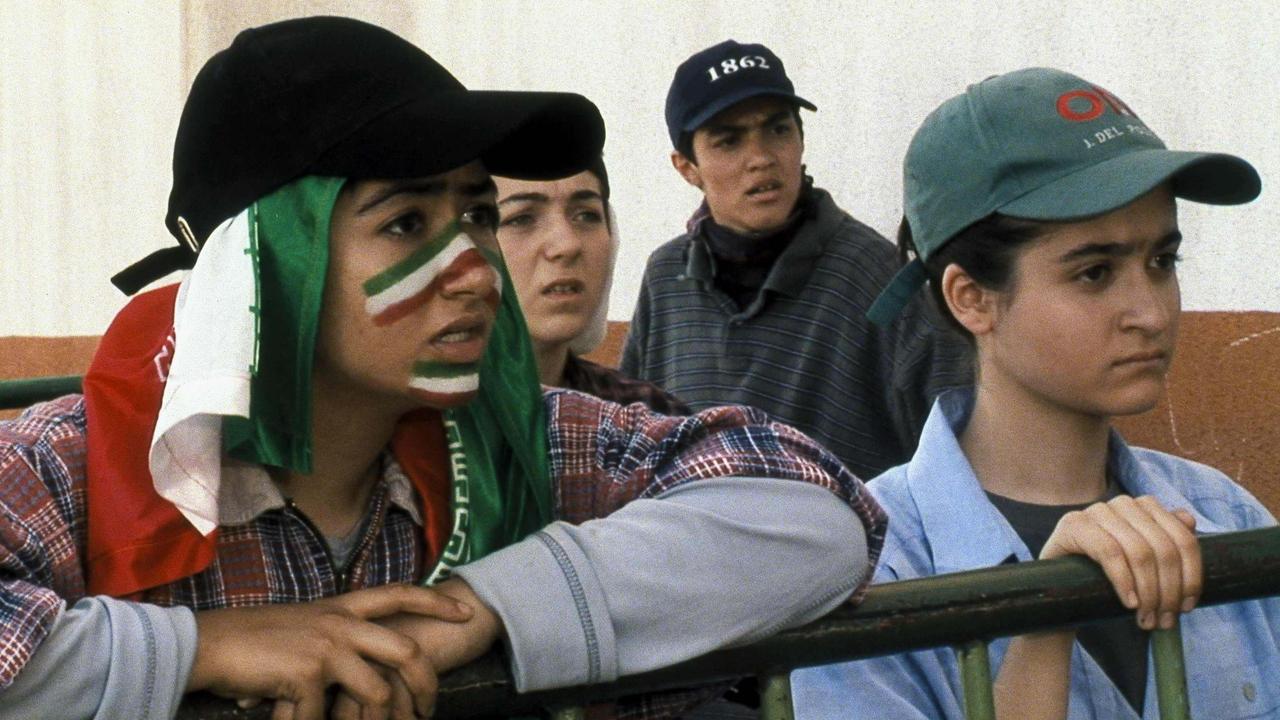
Based on true events which happened to director Jafar Panahi’s daughter, Offside follows the adventures of a group of adolescent girls during a soccer match. Dressed up as boys because women are not allowed to enter stadiums, the girls are caught trying to sneak in, and subsequently detained by a small group of soldiers. The film then follows their interactions, between themselves and with the guards, up until just after the full time whistle.
Unlike Panahi’s earlier film, The Circle, this is not a daunting tale of female oppression. As the title of Offside suggests, these girls have placed themselves on the wrong side of conventional female roles, but the tone of their rebellion remains mostly light-hearted. Optimism and camaraderie take centre stage as they band together in their shared hope that Iran will qualify for the World Cup finals, and wittily stake the claim that women should be allowed to watch football matches.
Indeed, the most compelling moments of this film involve the single-minded efforts of the girls to convince the soldiers to let them watch the game. Determined and energetic, the girls begin to bond with their hapless captors through a shared investment in the match. And when Iran finally wins, guards and prisoners alike explode into celebration. But can the girls escape during the commotion in this lively and inspiring tale?
10. Raspberry (Saman Salur, 2014)
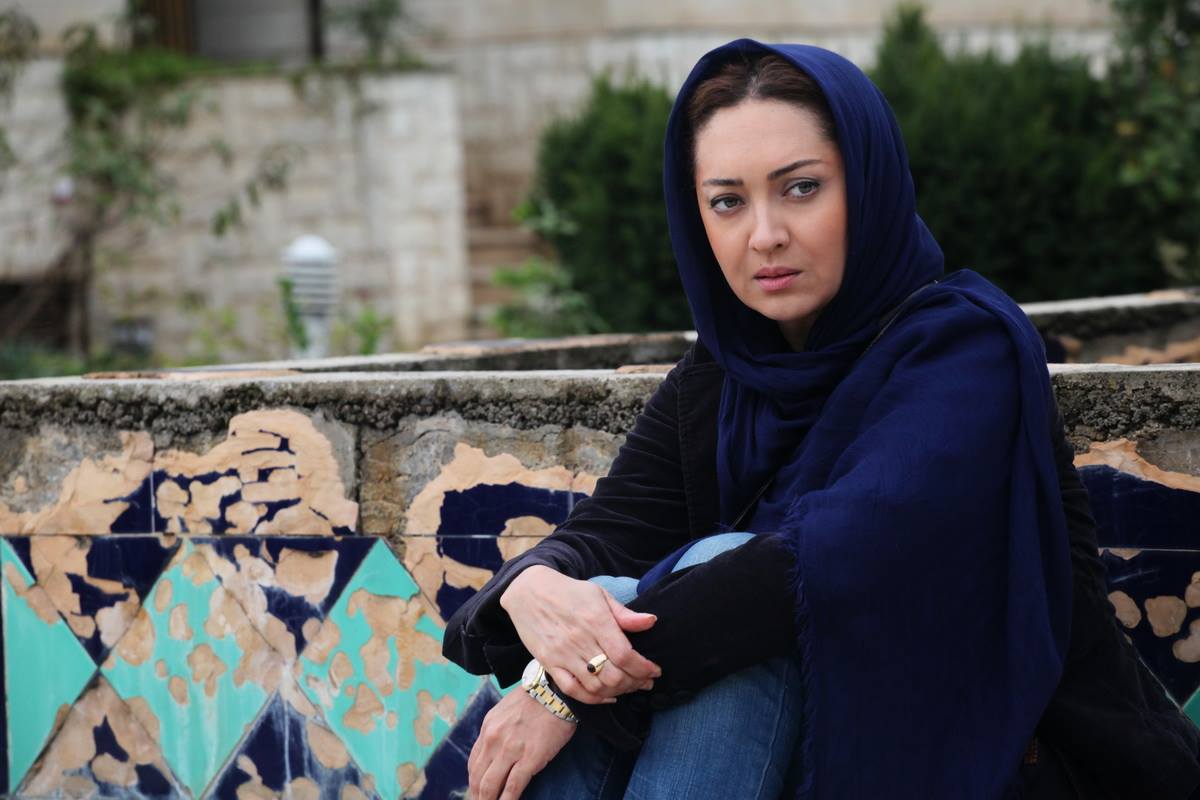
Raspberry follows the atypical circumstances of a young woman’s pregnancy, using the extremities of unusual events to explore more general issues. Through the course of the film, director Saman Salur deals with themes of shame, social pressure, and the supportiveness of state and family for pregnant women with a touching intimacy. And he ultimately tells a story of love, loss and self-empowerment.
When Rezvan first agreed to be a surrogate for wealthy couple Hamid and Homa she was happy and content. A young widower with a sick father, she believed her financial troubles were over, and found happiness in the joy she brought to her new surrogate family.
But when a car accident suddenly takes Homa’s life and leaves Hamid with no memory, Rezvan is left alone and helpless. With no support, and her increasingly volatile brother-in-law to deal with, her future becomes uncertain … while new events lead her headlong towards another tragic act.
Yet just like the raspberry bush, which bears its fruit in harsh and inhospitable conditions, the film reveals Rezvan’s strength. And in doing so, Raspberry becomes a beautiful emotional journey that goes to the heart of what it means to be loved and supported.
Author Bio: Mark Hallihan is a creative writer for IMVBox, the largest online Persian film distribution platform outside of Iran. To see more of his work and watch thousands of Iranian films for free, visit www.imvbox.com.